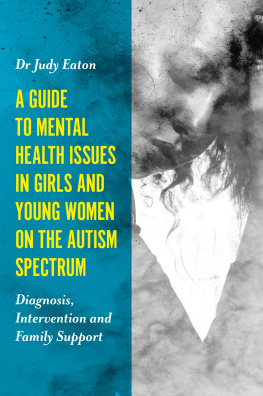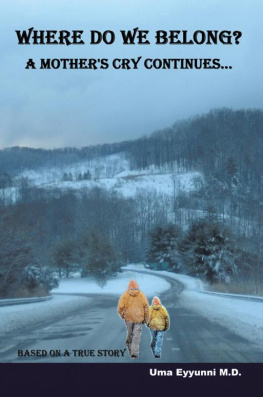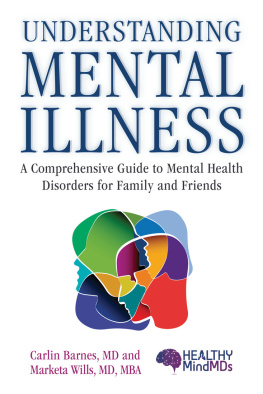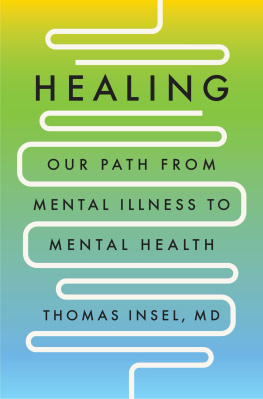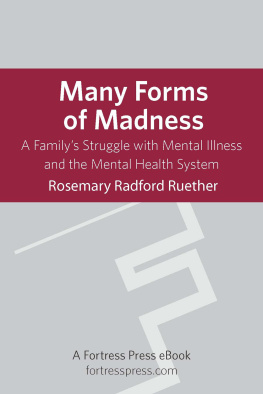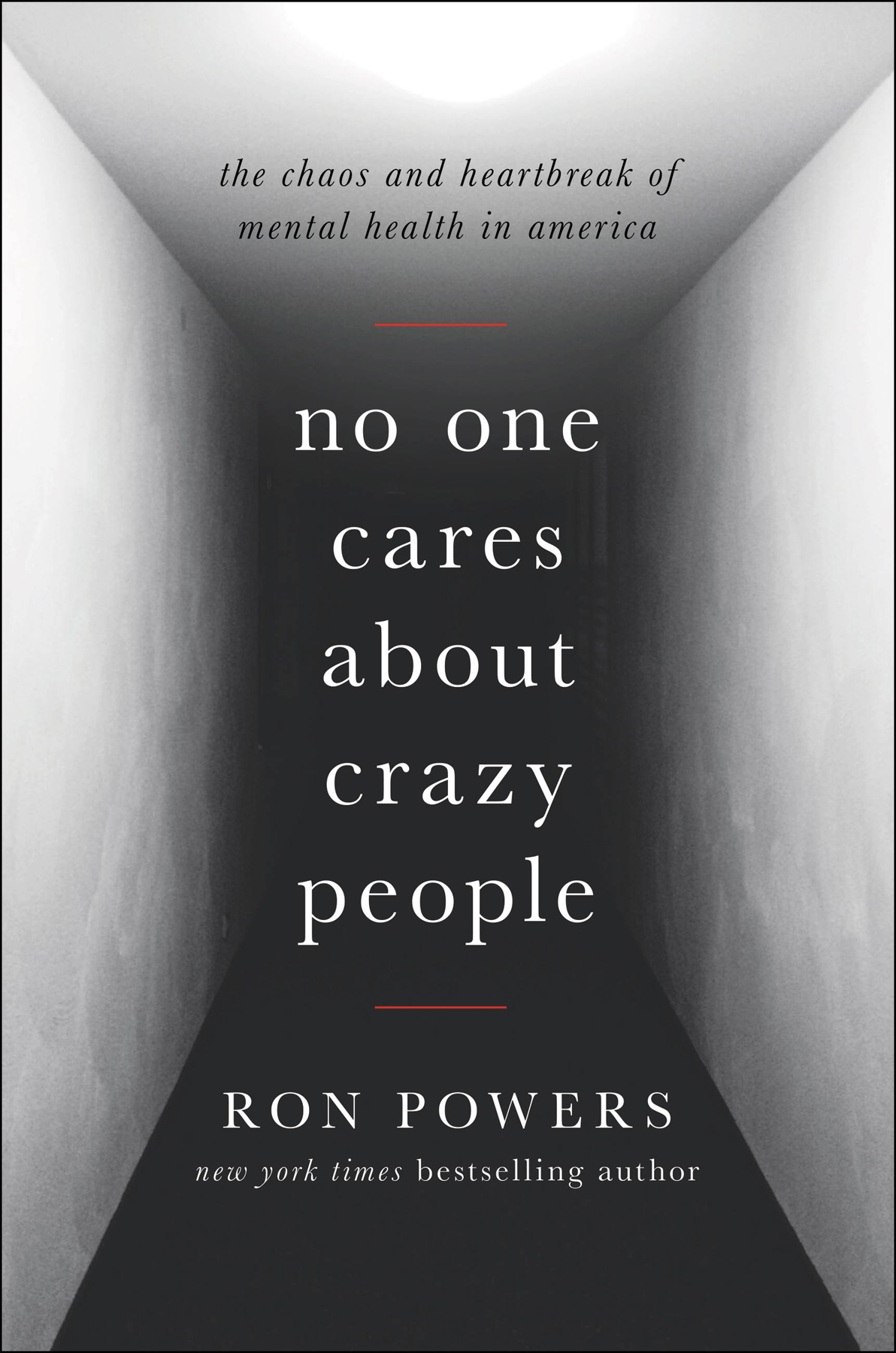Thank you for buying this ebook, published by HachetteDigital.
To receive special offers, bonus content, and news about ourlatest ebooks and apps, sign up for our newsletters.
Copyright 2017 by Ron Powers
Jacket design by Amanda Kain. Cover copyright 2017 by Hachette Book Group, Inc.
Hachette Book Group supports the right to free expression and the value of copyright. The purpose of copyright is to encourage writers and artists to produce the creative works that enrich our culture.
The scanning, uploading, and distribution of this book without permission is a theft of the authors intellectual property. If you would like permission to use material from the book (other than for review purposes), please contact permissions@hbgusa.com. Thank you for your support of the authors rights.
Hachette Books
Hachette Book Group
1290 Avenue of the Americas
New York, NY 10104
hachettebooks.com
twitter.com/hachettebooks
First ebook edition: March 2017
Hachette Books is a division of Hachette Book Group, Inc.
The Hachette Books name and logo are trademarks of Hachette Book Group, Inc.
The Hachette Speakers Bureau provides a wide range of authors for speaking events. To find out more, go to www.hachettespeakersbureau.com or call (866) 376-6591.
The publisher is not responsible for websites (or their content) that are not owned by the publisher.
Library of Congress Cataloging-in-Publication Data
Names: Powers, Ron, author.
Title: No one cares about crazy people : the chaos and heartbreak of mental health in America / Ron Powers.
Description: New York : Hachette Books, [2017] | Includes bibliographical references and index.
Identifiers: LCCN 2016046019| ISBN 9780316341172 (hardback) | ISBN 9781478940906 (audio download) | ISBN 9780316341103 (ebook)
Subjects: | MESH: Schizophreniahistory | Mental Health Serviceshistory | Mental Health Serviceslegislation & jurisprudence | Mentally Ill Persons | United States | Personal Narratives
Classification: LCC RC514 | NLM WM 203 | DDC 362.2/6dc23 LC record available at https://lccn.loc.gov/2016046019
ISBNs: 978-0-316-34117-2 (hardcover), 978-0-316-34110-3 (ebook)
E3-20170315-JV-PC
In Kevins Memory
For Dean
For Honoree
For all those struggling with chronic mental illness
For all those who are dedicated to healing its victims
For all those who are dedicated to finding a cure
I have come to present the strong claims of suffering humanity. I come to place before the Legislature of Massachusetts the condition of the miserable, the desolate, the outcast. I come as the advocate of the helpless, forgotten, insane men and women confined in cages, closets, cellars, stalls, pens! Chained, naked, beaten with rods, and lashed into obedience I beg, I implore you [to] put away the spirit of selfishness and self-seeking. Lay off the armor of local strife and political ambition. Forget, I beg you, the earthly and perishable, the thought without mercy Gentlemen, I commit you to a sacred cause!
No one cares about crazy people.
Kelly M. Rindfleisch, deputy chief of staff to then Milwaukee County executive Scott Walker, September 1, 2010
This is the book I promised myself I would never write. And promised my wife as well. I have kept that promise for a decadesince our younger son, Kevin, hanged himself in our basement, a week before his twenty-first birthday in July 2005, after struggling for three years with schizophrenia. The promise was easy to keep in the first five years after Kevins death, if only because I could not bring myself to think about such a project and the revisiting that it would make necessary. I wasnt able to think about much of anything at all, except that I dreaded each new season of greening up, as it is called here in Vermont. (Its a tragically beautiful summer, my wife, Honoree, managed to observe not long after that terrible July had passed.)
Over the second five years, the infernal process of healingadaptation, reallyhad begun its unwelcome sterilizing work. And then the malady struck our family again. Symptoms of schizophrenia surfaced in our elder and surviving son, Dean. My wife and I witnessed the psychotic break on a Christmas morning that sent him knocking on doors through the neighborhood, announcing that he was the Messiah, until a police officer restrained him and took him to a nearby medical center.
Dean stubbornly surmounted the diseases worst effects and is functioning well as of this writing. Still, this second of two unthinkable blows to our family added to a list of reasons why I felt that I should really just leave the subject alone.
At the top of the list was privacy. My sons, even as robust and outgoing children, shared a powerful ethic of discretion, which they inherited from their mother. None of these three was what you would call a hearts-on-sleeves person. It wasnt a matter of secretiveness. Some things were just nobody elses business, that was all. When Kevin, our younger son, was away with his guitar at a music academy in Michigan, he emailed us a photograph of himself and his date for the spring dance. Kevin was wearing a white dinner jacket, his first. I was moved to use the photo as the basis of a commentary I wrote for the Vermont public radio station:
The image of a white dinner jacket, especially one worn by a 15-year-old son nine hundred miles from home on a spring night at the prom with a very young woman on his armthis image takes on a new and unexpected luster: a sweetness and fragility so unbearable that you lie there in your bed wishing the damned alarm would go off and restore you to the necessary cynicism of daylight.
One of Kevins buddies back in Middlebury, where we lived, heard the commentary and ratted me out. Kevin let me know that he was wise to what Id done, in terms that you would have thought were being used against somebody whod stolen his black Martin electric.
So privacy was my top consideration, and I suppose it should have sufficed. But there were other reasons, strong ones.
The moral blemish of exploitation, for example. Even when exploitation is not the intended motive in a book such as this, it can seem the unintended consequence. My sons were and remain sacred to me. They are not for sale.
And, really, end of the day, who the hell wants to read about schizophrenia anyway?
Not me.
And that was the way things stood for the second five years. That is the way I thought things would stand for the duration. I was just not interested.
But to paraphrase Tolstoy: You may not be interested in schizophrenia, but schizophrenia is interested in you. It turns out, schizophrenia was particularly interested in the Powers family, and no amount of disinterest on my part was going to change that. So I began, tentatively, to explore the malady.
Schizophrenia is a chronic and incurable disease of the brain. It is rooted (or so neuroscientists presently believe; nothing about it is yet a matter of settled truth) partly in genetic mutation and partly in external, or environmental, experiences. It is the most dreaded of all the human mental illnesses, afflicting slightly more than one in one hundred people. Its namea bit misleading, as we shall seeis a vernacular near synonym for its closely allied affliction, schizo-affective disorder. The latter disease is rarer, striking about 0.3 percent of the population; but worse: it incorporates severe mood swings as well as the loss of touch with reality wrought by schizophrenia. Some specialists believe there is no hard distinction between the two maladies.










